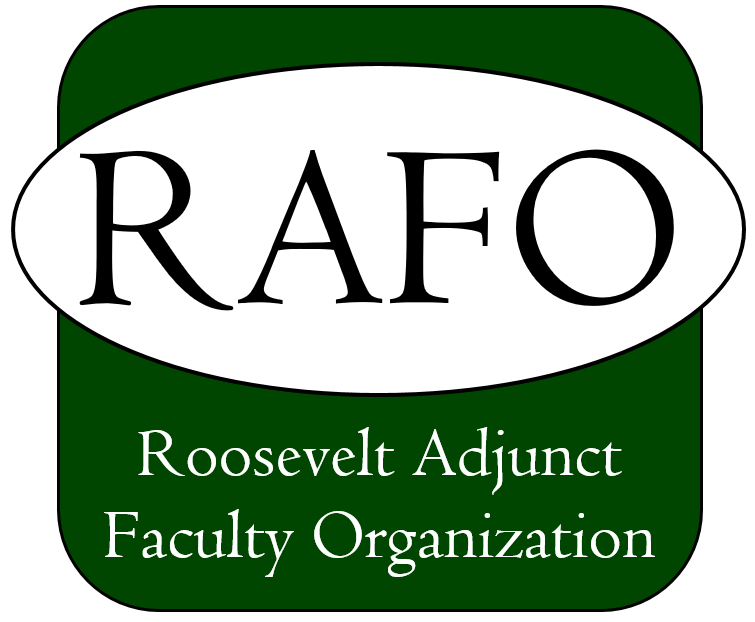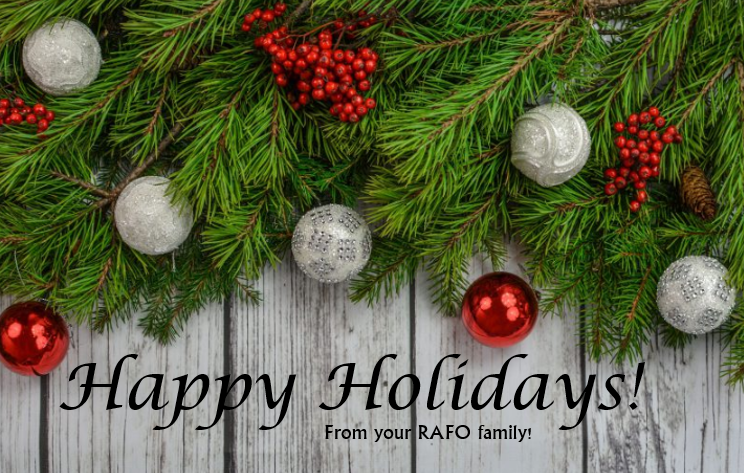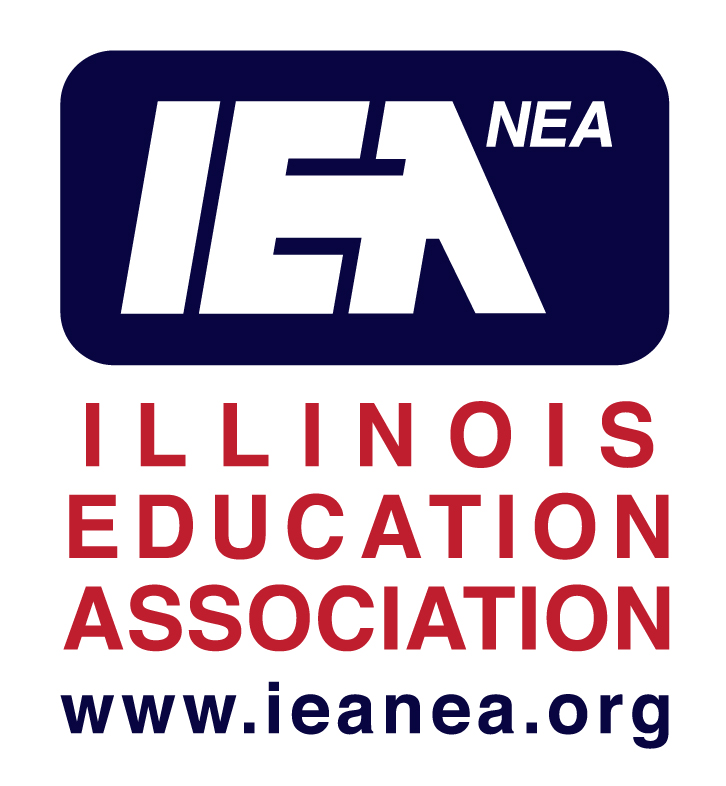Jan Parkin, Vice President of Institutional Advancement, provided the University Senate with the end of year predictions and summaries of Roosevelt University’s giving campaigns. Exceeding the original goal of $10M, Institutional Advancement raised over $14M from 3,483 gifts this year. Five of those gifts were in amounts over the $500,000 range, while many of the smaller gifts came from the phonathon reaching out to alumni with a minimum ask of $250. Considering all of the giving to date, 87% was under the $500 range.
Currently, Roosevelt University has an endowment of $116.7M down from $124M in August due to drops in the stock market. However, the Institutional Advancement team remains positive that they can continue to use this December time frame to reach alums for end-of-year giving and reestablishing relationships by social media, the alumni newsletter, and networking events like Rediscover Roosevelt scheduled for March 28, 2019. While the university continues to seek new Board of Trustee members, they have raised their give/get to $10,000.
As a final note, Institutional Advancement and the Office of the President will be working to create a major fundraising event in celebration of Roosevelt University’s 75th anniversary in 2020.
During the Roosevelt University November Senate meeting, Mike Cassidy, Vice President of Student Enrollment, discussed the projections for Spring 2019 and the next academic year. Currently, RU has 4,329 students enrolled equaling 53 students beyond the initial projections. Schaumburg climbs slowly with 714 students enrolled in courses at that campus. This is a positive announcement as RU continues to turn the student body towards graduate and transfer student populations from the larger freshman classes that are both difficult to retain and require additional student services.
For Spring 2019, the student enrollment goal equals 3,921 total students. As of the Senate meeting, 2,378 students have enrolled in classes and committed to attending RU in the spring. While this might seem short, many students will register for their classes after January 3. Provost Lois Becker and her office continues to work on the articulation agreements between community colleges and updates all of the online course transfer data. Cassidy described the pursuit of transfer students as “secret shoppers” because they ask two primary questions while looking at an institution: how long will it take to complete my degree, and how much will it cost? For the accepted freshman students who apply for the 2019/20 academic year, RU offers three early admission dates (Oct. 15, Nov.15, and Dec. 15).
The enrollment goal for 2019/20 includes 409 new freshman, 464 transfer students, and 525 graduate students. Mike Cassidy and the advising staff members will continue to seek opportunities to speak to students on community college campuses and grow the relationships with our community college partners. RAFO Executive Committee members will update and inform our members of the enrollment goals as information becomes available and how this aspect of the budget will impact a potential raise in pay during the spring term.
Stay tuned into your union.
Submitted by RAFO Member Chair Joseph Fedorko
Being an adjunct, one gets to be hyper-aware of the state of the world – in many cases, we can be so hyper-aware that it requires additional jobs just to get by. At the Fall membership meeting, RAFO featured two members who take those realities and turned them into disturbingly delightful pieces of creative writing. Thanks to longtime RU adjunct Frank Rogaczewski for his prose poem about how Economics became a discipline, and to newer RU adjunct Alex Luft for sharing a job application of a man seeking redemption for his choking away a potential moment of glory as a professional grocery bagger. If you missed it, no worries – Frank’s poem will be published in his upcoming-any-minute-now collection Jeepers and Criminy! Are You Following This? A Helpful if Inexact Proletarian/Smart Ars Manifesto, while Alex’s publications and appearances can be found on his web site, alexanderluft.com.
There was also some discussion about higher education in Australia (Alex is pursuing a dual Ph.D. there and UIC), where you get paid a ridiculous hourly salary to grade papers, and questions about the upcoming semester here at RU.
RAFO will be featuring more adjuncts and their works in the Spring membership meeting, along with an important vote on union matters that you WILL want to be a part of. Watch this space …
Dear RAFO Members,
To recognize the Transgender Day of Remembrance (today, November 20), RAFO would like to let our transgender members know that we stand with you. You are protected by RAFO and Roosevelt University. The University “does not discriminate or permit discrimination by any member of its community against any individual on the basis of … gender identity [or] gender expression” alongside sexual orientation and other protected classes (“Discrimination and Harassment”). If you feel you have been discriminated against or harassed, please do not hesitate to contact us. RAFO is a safe space and will fight for you.
In addition, RAFO encourages members to support our transgender students. Research shows that transgender students have a 41% attempted suicide rate (Haas, Rodgers, & Herman, 2014). Here are three simple things you can do to have a more inclusive classroom:
- Ask for pronouns. Instead of calling attendance on the first day, have students fill out index cards or surveys that ask for preferred names and pronouns. Then, use their names and pronouns.
-
Address harassment. Stop transphobic behavior in your classroom and refer students experiencing harassment to the RU webpage for students who have a discrimination complaint.
-
Refer students to resources. The Howard Brown Health Center provides a list of local resources and guide to Trans and Gender Nonconforming Health that students may not know about.
If you would like to continue educating yourself on making your classroom a safe space, please take advantage of GLSEN’s Safe Space Kit and their resource guides for educators.
In Solidarity,
The Executive Committee
Page 22 of 31



